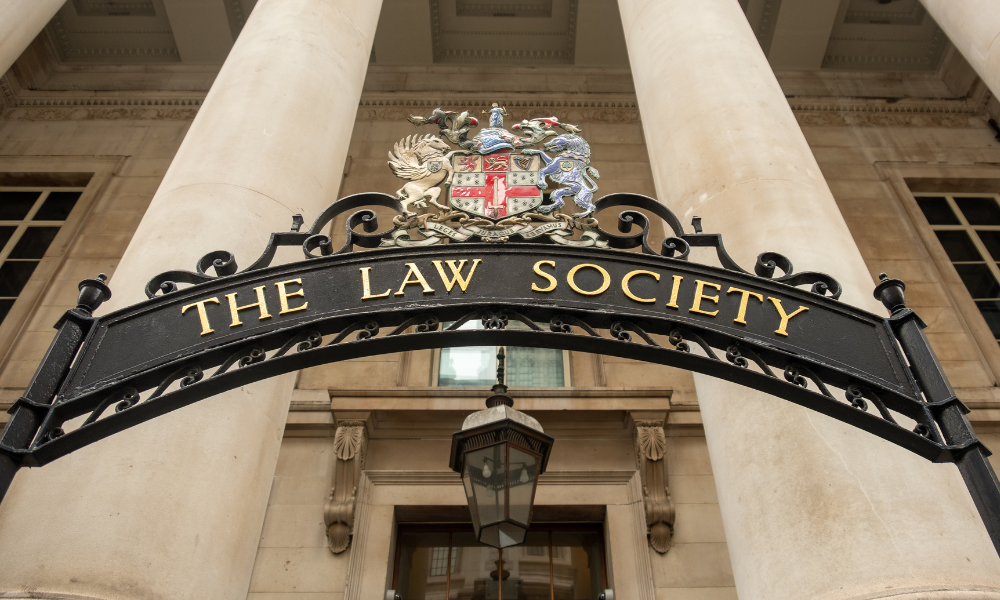
The office is requesting an increase of over £2 million for next year's budget

A significant uptick in complaints about lawyers has spurred the UK Legal Ombudsman to request an increase of over £2 million for its 2026 budget, reported the Law Society Gazette.
With this budget, investigator resources can be increased by 38 percent and waiting times reduced by 33 percent. If approved by the Legal Services Board, the budget would have gone up by nearly £5 million in a three-year period; the average cost per case would have shot up from £1,618 in 2022/23 to £2,239 in 2025/26.
The Office for Legal Complaints expects the number of new complaints to exceed 10,000 over 2025-2026, as per its business plan and budget for 2025/26. The office indicated that service and complaint handling standards have been stagnant for years – and dropped in some cases, though the rise in demand may also suggest consumers’ increased awareness of their right to complain.
The ombudsman said that it had overseen a “step change” in annual output; this year, the number of complaints resolved each year has risen from 6,500 to over 8,000. Nearly half of the cases being handled by the service are being resolved in under 90 days.
Nonetheless, the rate at which complaints are coming in have overshot the ombudsman’s capacity, leading the office to pitch an 11.4 percent budget boost – an increase higher than the proposed hike trialled during last year’s budget consultation.
“The overall position is not acceptable: people using legal services need to be able to rely on providers to deliver consistently high standards. The challenge for LeO is that, at current resourcing levels, it cannot reduce the number of people waiting for an in-depth investigation at the pace required to make meaningful improvements to the experience of these consumers,” said OLC chair Elisabeth Davies and chief ombudsman Paul McFadden in a statement published by the Gazette.
They explained that while the service’s operating model was “fundamentally sustainable,” it could not handle the projected demand levels in the business plan.
“The higher demand effectively absorbs the increased output that would otherwise reduce the time customers have to wait,” they said.
They pointed to the high demand being indicative of the service failing consumers; evidence suggested that first-tier complaints handling was poor in 46 percent of the cases investigated by the LeO overall. In particular, problems with providers’ quality and tone persisted in their responses.
The LeO suggested in its business plan that an increase in resources would reduce the volume of unallocated investigations (currently 3,362) by 17 percent more in 2025/26, with further improvements to be observed in 2026/27 and 2027/28.